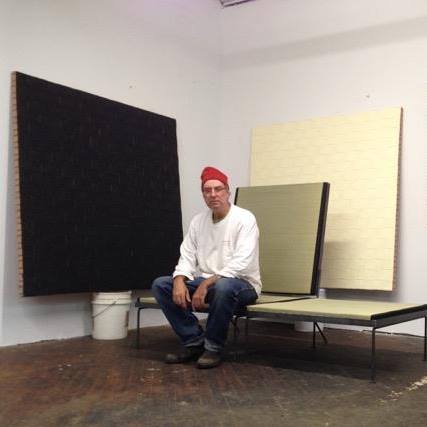Schwarz
View current page
...more recent posts
This equation of pleasure with the endless variety of city life is also central to the sensibility of European modernists, as we see in Charles Baudelaire’s flâneur, Gertrude Stein’s Parisian window shopper, André Breton’s surrealist vagrant, and André Gide’s “disponible” immoralist, all glutting themselves on the heterogeneity and intensity of urban sensation. A century of techno-logical advances has only increased the scope for open-ness and excess, until today we may experience a “global sublime,” a delirious expansion of self into Internet infinity. The 21st-century pleasure economy permits us to exceed ourselves—ecstatically, extravagantly, waste-fully—until, like Whitman, we are “multitudes.”from HDM vol 30: (sustainability) + pleasure
The popular rhetoric of sustainability, in contrast, is all about limits on freedom and the thwarting of desire: “conspicuous austerity,” “inconspicuous consumption,” “frugal chic,” “going on a spending fast,” “carborexics,” “energy anorexics.” The proliferating mots spell out the pleasures of a hunger artist writ small: the satisfaction of never forgetting one’s reusable shopping bag or failing to separate the brown glass from the green and the clear, the bio waste from the metal and plastic. Watch those paint drips, Mr. Pollock! Green parents now have an excuse for not taking their kids to Little League practice—the drive is bad for the planet—and green children can retaliate by chiding their elders for lolling in full bathtubs or leaving the engine idling in the pickup line. Such meanness has its pleasures no doubt, but they are far from the elation of unfettered self-expression, even among those of tamer tastes than the Marquis de Sade or Charles Manson.
